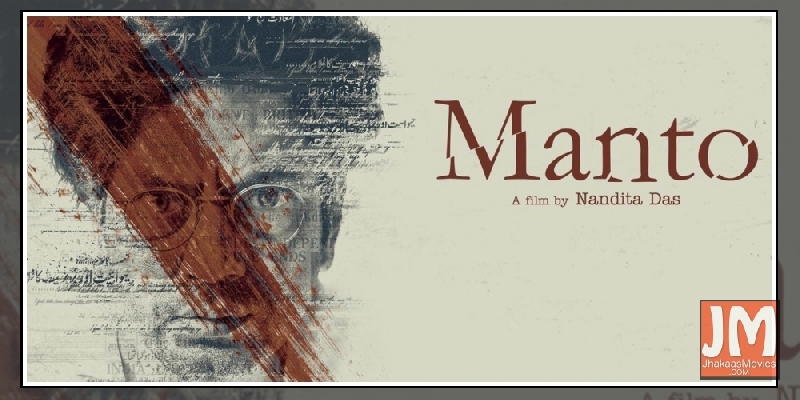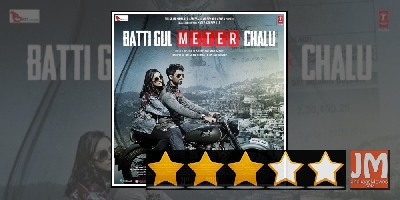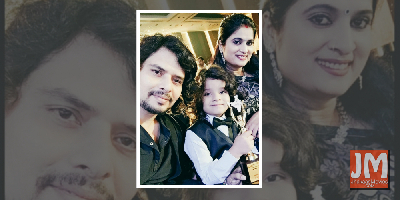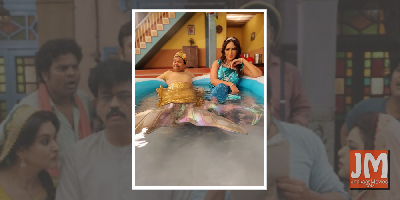 Aan Tiwari honoured with Best Child Actor award for Baal Shiv
Aan Tiwari honoured with Best Child Actor award for Baal Shiv Ghategi rahasymayi ghatnaye!
Ghategi rahasymayi ghatnaye! Amazon Prime Video unveils the 2021 Festive Line-up; brings a heady mix of Indian and International titles on the service
Amazon Prime Video unveils the 2021 Festive Line-up; brings a heady mix of Indian and International titles on the service Release: Music video of, Yeh Haalaath, from Mumbai Diaries 26-11
Release: Music video of, Yeh Haalaath, from Mumbai Diaries 26-11 Bhumi Pednekar feels she shares feel-good value with Akshay Kumar on screen
Bhumi Pednekar feels she shares feel-good value with Akshay Kumar on screen
Manto Movie Review: Nawazuddin Siddiqui's Career Best Performance Will Haunt You

Manto died in Lahore, Pakistan, in 1955, seven years after the Indian independence. For 35 years, he lived in what he called the love of his life, Bambai (now Mumbai), and spent the rest of it wanting it. His was a life of admiration, stinging tongue, rejection and an indomitable desire to establish himself as the most realistic prose writer of his time.

(Also Read): Batti Gul Meter Chalu Movie Review.
In the film, director Nandita Das has tried to trace Manto’s inspirations in life — brothels, stories of sexual desires, melancholic set-ups. Manto wasn’t happy writing for films but did so for money. Through his work, he constantly aimed to find flawed characters looking for salvation. Any attempts at sugar coating reality drives Manto mad. His jokes are on us. Fuelling his raw take on his surroundings, Safia once asks him to write a story on a woman sitting near them in a park. He instead turns up with a story of a woman who shaves and whose boyfriend helps her in it. This may look like an absurd take but it is enough to get you invested in his unique imagery.
Such is the world that Manto represents, where nobody objects to what others are doing. Nandita Das gives her Manto enough reasons to believe that the world he had left behind was better than the one he was living in. He doesn’t need to put his ‘Hindu topi-Musalman topi’ to use. At least, this is what he thinks. Despite his torment and ambition, Manto could never become the ideal writer for the family to look up to.
It’s a film that will make you think, hurt you and will bring you back to your ideals. Nawazuddin Siddiqui has stripped himself of all the apprehensions and has dived into Manto’s world with unmatched energy, wit, and personality. Far from Wasseypur, he has transformed into a writer who has lost everything in the No Man’s Land between India and Pakistan.
Be a part of his poignant, heart-breaking journey. Like the character from his most famous story, Saadat Hasan Manto was no land’s man.









